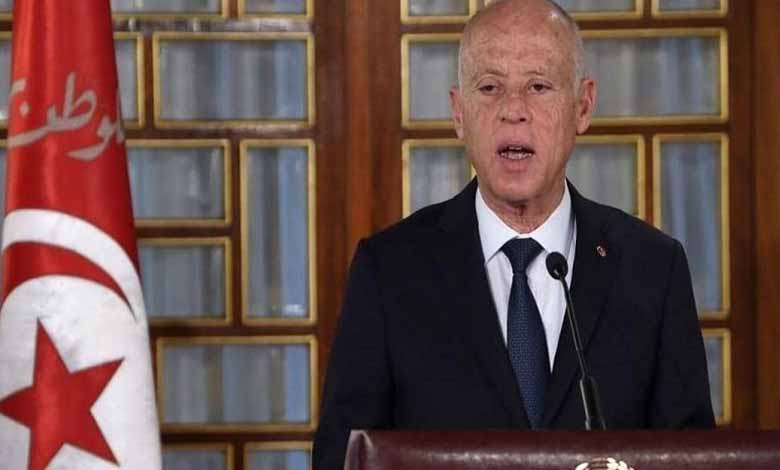Tunisia on the path of reform: 1429 candidates for legislative elections

The countdown to the legislative elections in Tunisia has begun with the announcement by the Elections Commission of the closure of the nomination period, opening the way for the next stages before the voting.
Tunisia’s premature legislative elections, scheduled for December 17, are approaching – a move that concludes the Brotherhood era and opens the door to a new path of reform and progress.
Farouk Bouaskar, president of the Independent High Electoral Commission (IHEC), announced on Thursday that the total number of candidates standing in the legislative elections amounted to 1,429 candidates, including 215 women, after the door was closed for them to run in the parliamentary elections this evening.
Bouaskar told Tunisian state television that 215 applications were submitted by female candidates, making them 15% of the total number of candidates.
He pointed out that all the electoral districts in the country and abroad (160 constituencies) received applications for candidacy, with the exception of the Africa constituency, pointing out that the smallest constituency included two files, and the largest number of applications for candidacy was in the Zohour district in the governorate of Kasserine (central-western) with 26 candidates.
Path
Bou Askar commented on criticisms and positions rejecting the extension of the deadline for accepting candidacies, stressing that this is the authority of the Authority and did not affect the time limits for appeals, campaign deadlines or polling days
He said the nomination phase was over, followed by the disputes and appeals phase before the final list of candidates is announced. He said the election campaign will run between November 25th and December 15th.
Bouaskar said he expects the second round of legislative elections to be held at the end of January.
He said the final results of the legislation should not be announced until March 2022, when the elected Assembly of Representatives of the People will hold its first session in accordance with the July 25, 2022 constitution.
The electoral law requires several documents to be submitted by a candidate, including a judicial record card, a statement of payment of last year’s taxes, and a summary of the electoral program that includes 400 recommendations from constituency voters, half of whom are female.
On September 15, Tunisian President Kais Saied amended the 2014 electoral law, adopting a method of voting on individuals instead of lists, adopting the principle of withdrawing the Agency, and reducing the number of deputies from 217 to 161, including 10 representatives from the expatriate community. The law was amended to
The upcoming legislative elections are one of President Saied’s exceptional measures. They were preceded by the dissolution of parliament and the Judicial Council, the issuance of legislation by presidential decree, and the approval of a new constitution for the country through a referendum held on July 25th.
The new parliament will be composed of 161 deputies and will have limited powers under the new constitution, which was adopted in a referendum on July 25th that drew 3 million Tunisians.












